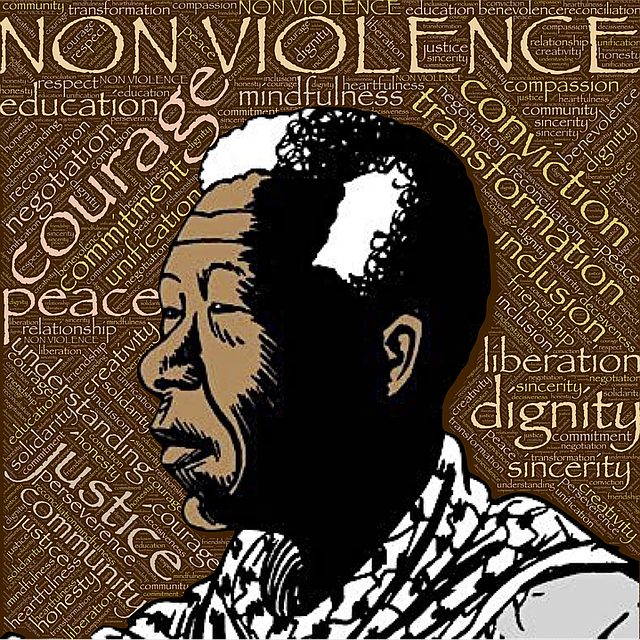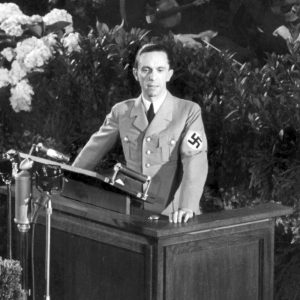If there is a country that has committed unspeakable atrocities in the world, it is the United States of America. ~Nelson Mandela
. (1994). The Long Walk to Freedom. In The Long Walk to Freedom
Plain numerical DOI: 10.1016/j.sysconle.2008.10.004
DOI URL
directSciHub download
Show/hide publication abstract
. (2013). Nelson Mandela: A Very Short Introduction. Journal of Chemical Information and Modeling
Plain numerical DOI: 10.1017/CBO9781107415324.004
DOI URL
directSciHub download
Show/hide publication abstract
. (1992). Personality and charismatic leadership. The Leadership Quarterly
Plain numerical DOI: 10.1016/1048-9843(92)90028-E
DOI URL
directSciHub download
Show/hide publication abstract
. (2012). Nelson Mandela and the Power of Ubuntu. Religions
Plain numerical DOI: 10.3390/rel3020369
DOI URL
directSciHub download
Show/hide publication abstract
. (2003). Nelson Mandela: Partisan and peacemaker. NEGOTIATION JOURNAL-ON THE PROCESS OF DISPUTE SETTLEMENT
Plain numerical DOI: 10.1023/A:1024629628402
DOI URL
directSciHub download
Show/hide publication abstract
. (2012). Nelson Mandela and unitive eadership. Integral Leadership Review



![Martin Luther King e834b70f29f7033ecd0b4401ef444f94eb6ae3d01db316419cf1c97f_640[1]](https://cognitive-liberty.online/wp-content/uploads/e834b70f29f7033ecd0b4401ef444f94eb6ae3d01db316419cf1c97f_6401-300x300.jpg)


![Academic freedom noam-chomsky[1]](https://cognitive-liberty.online/wp-content/uploads/noam-chomsky1-200x300.jpg)

![Dwight D. Eisenhower Farewell Address - 'Military Industrial Complex' 220px-Dwight_D._Eisenhower,_official_photo_portrait,_May_29,_1959[1]](https://cognitive-liberty.online/wp-content/uploads/220px-Dwight_D._Eisenhower_official_photo_portrait_May_29_19591.jpg)
![Killing babies in incubators - The fake Nayirah testimony (PR PsyOp) hqdefault[1]](https://cognitive-liberty.online/wp-content/uploads/hqdefault1-300x225.jpg)
